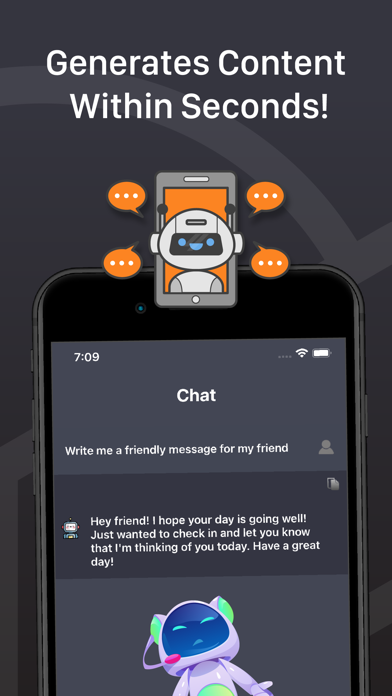
Mollick agrees, but isn't convinced that educators can ever truly stop cheating. "Humans deserve to know when something is written by a human or written by a machine," Tian told NPR of his motivation. Named GPTZero, it was so popular that when he launched it, the app crashed from overuse. Mollick isn't the first to try to put guardrails in place for a post-ChatGPT world.Įarlier this month, 22-year-old Princeton student Edward Tian created an app to detect if something had been written by a machine.

Planet Money This 22-year-old is trying to save us from ChatGPT before it changes writing forever One Wharton professor recently fed the chatbot the final exam questions for a core MBA course and found that, despite some surprising math errors, he would have given it a B or a B-minus in the class. The artificial intelligence tool from the company OpenAI can compose poetry. Some school districts have banned access to the bot, and not without reason. "This was a sudden change, right? There is a lot of good stuff that we are going to have to do differently, but I think we could solve the problems of how we teach people to write in a world with ChatGPT," Mollick told NPR.Įver since the chatbot ChatGPT launched in November, educators have raised concerns it could facilitate cheating.


world and we're going to have to share it, reasons the associate professor at the University of Pennsylvania's prestigious Wharton School. Not all educators are shying away from artificial intelligence in the classroom.Įthan Mollick has a message for the humans and the machines: can't we all just get along?Īfter all, we are now officially in an A.I.


 0 kommentar(er)
0 kommentar(er)
